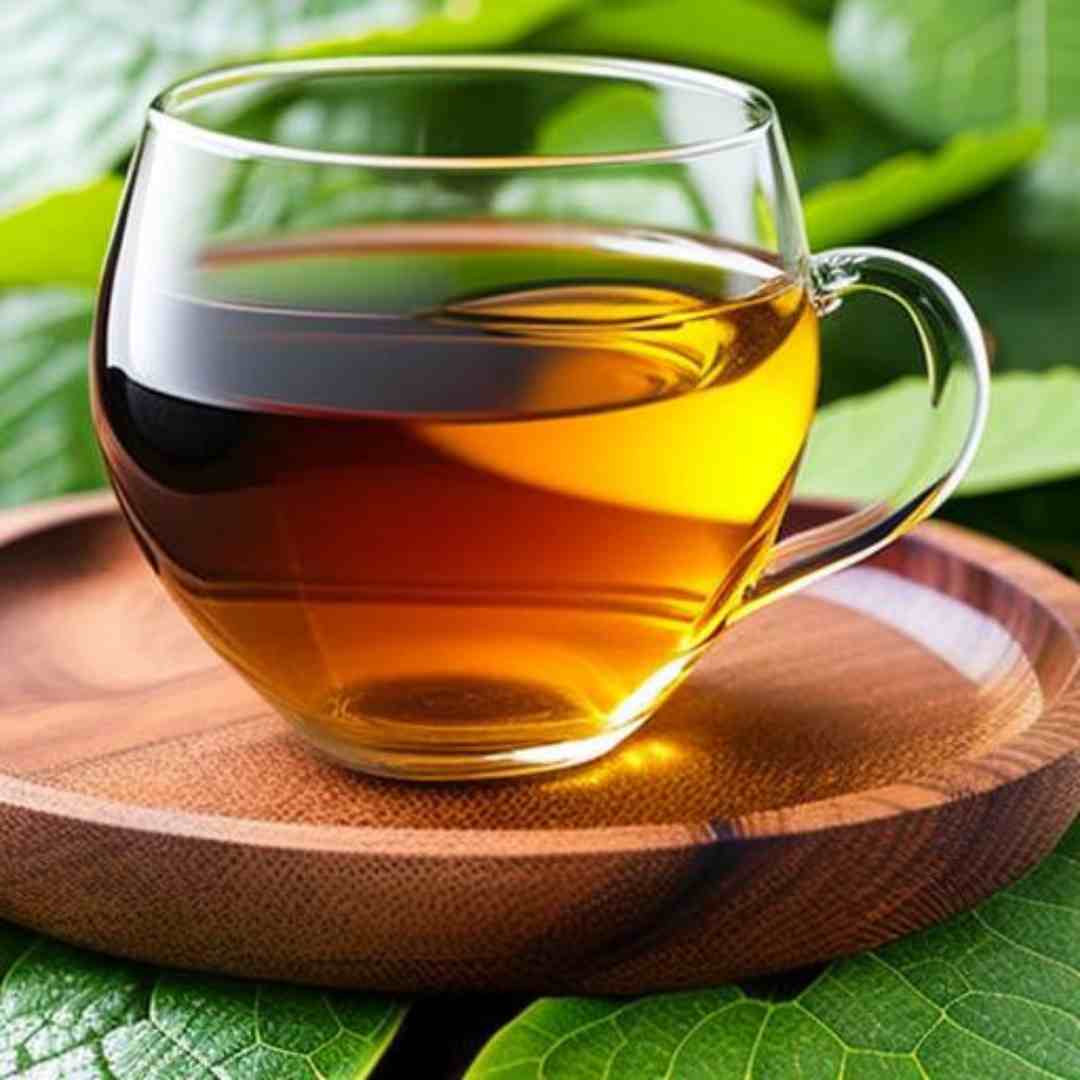Tea is one of the most popular beverages around the world, and its consumption dates back thousands of years. One of the lesser-known types of tea, Kinkeliba tea, is gaining popularity for its potential health benefits. In this article, we will explore the Kinkeliba tea health benefits and why you should consider adding it to your tea collection.
Contents
What is Kinkeliba Tea?
Kinkeliba tea, also known as Seh-haw, is a type of tea that is made from the dried leaves of the Kinkeliba plant. This plant is native to West Africa and has been used for centuries by the people of Senegal, Mali, and Gambia for medicinal purposes.
Health Benefits of Kinkeliba Tea
- Rich in antioxidants: Kinkeliba tea is loaded with antioxidants, which help to protect the body from damage caused by free radicals. These antioxidants can also help to reduce inflammation, which is linked to a range of chronic health conditions.
- Aids in digestion: Kinkeliba tea has been used for centuries to aid in digestion. It is believed to help relieve digestive issues such as bloating, constipation, and diarrhea. It can also help to stimulate the production of digestive enzymes, which can further aid in digestion.
- May lower blood pressure: Kinkeliba tea has been shown to have a hypotensive effect, meaning it may help to lower blood pressure levels. This makes it a great option for those with hypertension or at risk for developing it.
- Helps to detoxify the body: Kinkeliba tea is a natural diuretic, which means it can help to flush toxins from the body. It can also help to support liver function, which plays a crucial role in detoxifying the body.
- May help with weight loss: Kinkeliba tea has been shown to have an appetite suppressant effect, which may help to promote weight loss. It can also help to boost metabolism, which can further aid in weight loss.

Side Effects of Kinkeliba Tea
While Kinkeliba tea is generally considered safe for consumption, there are a few potential side effects that some people may experience. These include:
- Allergic reactions: Some people may be allergic to Kinkeliba tea or other plants in the same family, such as daisies, ragweed, and chrysanthemums. If you experience symptoms such as hives, itching, or difficulty breathing after consuming Kinkeliba tea, stop drinking it and seek medical attention immediately.
- Diuretic effect: Kinkeliba tea is a natural diuretic, which means it can increase urination. While this can be beneficial for flushing toxins from the body, it can also cause dehydration if you do not consume enough fluids.
- Interactions with medications: Kinkeliba tea may interact with certain medications, including blood pressure medications and diabetes medications. If you are taking any medications, it is best to consult with your healthcare provider before consuming Kinkeliba tea.
- Upset stomach: Some people may experience stomach upset, including nausea, vomiting, or diarrhea, after consuming Kinkeliba tea. If you experience these symptoms, stop drinking the tea and try a smaller amount or a different type of tea.
Overall, Kinkeliba tea is considered safe for most people when consumed in moderation. However, it is always a good idea to speak with your healthcare provider before adding any new supplement or tea to your diet, especially if you have any medical conditions or are taking any medications.
Brew A Perfect Cup of Kinkeliba Tea
To brew Kinkeliba tea, you will need dried Kinkeliba leaves, hot water, and a teapot or mug. Here are the steps to prepare the tea:
- Bring water to a boil: Bring water to a rolling boil in a kettle or on a stove.
- Measure out the tea leaves: For each cup of tea, use approximately 1-2 teaspoons of dried Kinkeliba leaves.
- Steep the tea: Place the leaves in a teapot or mug, and pour the hot water over them. Allow the tea to steep for 5-10 minutes, depending on how strong you prefer your tea. You can cover the pot or mug with a lid or a saucer to keep the heat in.
- Strain and serve: Once the tea has steeped for the desired amount of time, strain the leaves using a tea strainer or a fine-mesh sieve. You can add honey, lemon, or other sweeteners if desired, and enjoy!
Note that Kinkeliba tea has a slightly bitter taste, so you may want to add sweeteners or other flavors to enhance its taste. You can also try blending it with other types of tea, such as mint or ginger, to create a unique flavor profile.
FAQs
How is Kinkeliba tea prepared?
To prepare Kinkeliba tea, simply steep the dried leaves in hot water for several minutes. It can be consumed hot or cold, and you can add honey or lemon to taste if desired.
Can Kinkeliba tea be consumed during pregnancy?
There is limited research on the safety of consuming Kinkeliba tea during pregnancy. It is best to consult with a healthcare professional before consuming Kinkeliba tea if you are pregnant or breastfeeding.
Is Kinkeliba tea safe to consume?
Yes, Kinkeliba tea is safe to consume for most people. However, it is always best to consult with a healthcare professional before adding any new supplement or tea to your diet.
Conclusion
Kinkeliba tea is a type of tea that is gaining popularity for its potential health benefits. It is rich in antioxidants, aids in digestion, may lower blood pressure, helps to detoxify the body, and may help with weight loss. If you are looking for a new tea to add to your collection, Kinkeliba tea may be worth considering. As with any new supplement or tea, it is always best to consult with a healthcare professional before adding it to your diet
